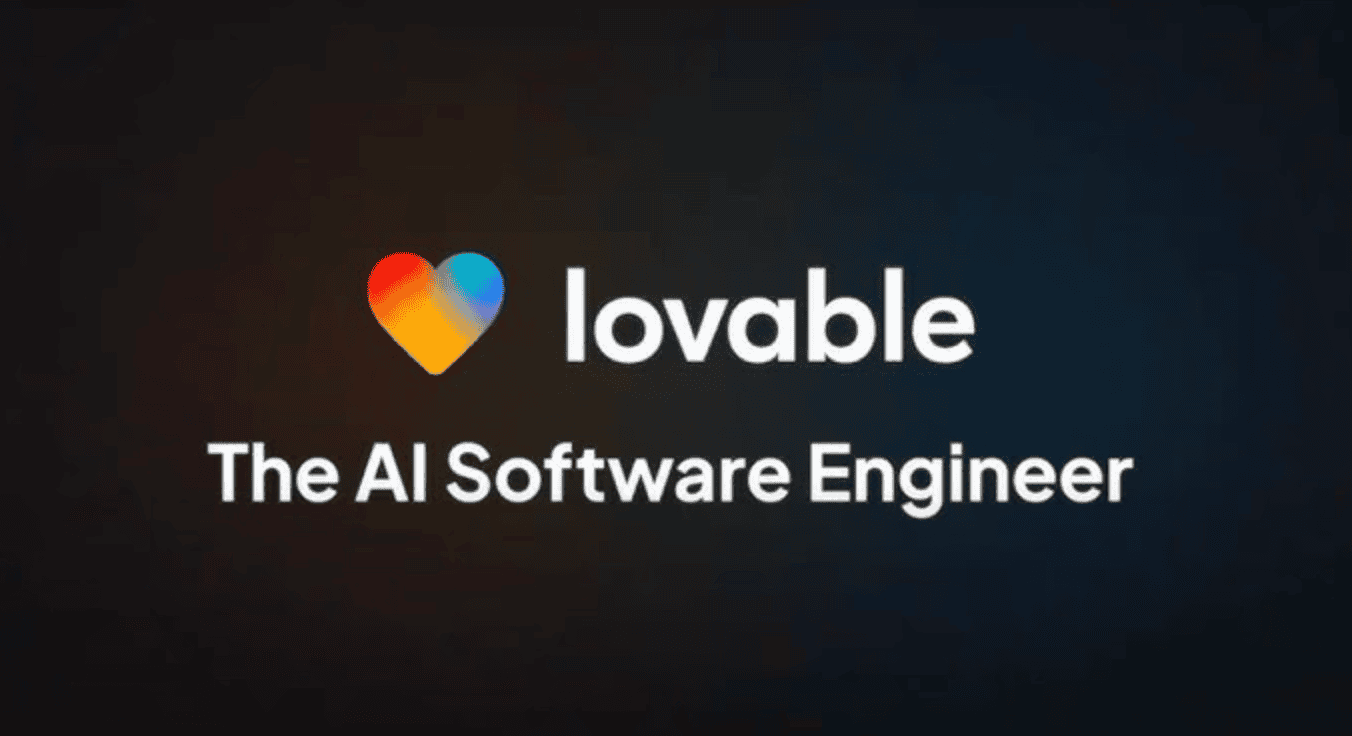7 Ways AI Can Enhance Learning Outcomes

Artificial Intelligence (AI) has swiftly become a transformative force in education, offering innovative solutions to enhance learning outcomes. Rather than supplanting educators, AI serves as a valuable ally, augmenting teaching methods and personalizing learning experiences. In today's fast-paced educational landscape, where individualized learning, mastery of complex concepts, and skill development are paramount, AI emerges as a powerful tool. Here are seven ways AI can elevate learning outcomes, empowering learners and educators alike on their educational journey.
Personalized Learning Paths AI enables the creation of personalized learning platforms tailored to individual student needs. By analyzing learning styles, strengths, and weaknesses, AI algorithms craft customized curricula that adapt to each student's pace and preferences. Whether a student requires additional support or seeks advanced challenges, AI ensures that learning remains engaging and relevant.
Intelligent Tutoring Systems Intelligent tutoring systems powered by AI offer personalized guidance akin to one-on-one tutoring sessions. By leveraging machine learning algorithms, these systems provide targeted exercises and real-time feedback to address each student's areas of difficulty. With AI, students receive tailored support and opportunities for mastery at their own pace.
AI-Driven Gamification Integrating AI into gamified learning experiences enhances engagement and motivation. AI algorithms analyze student performance data to dynamically adjust game difficulty and content, providing personalized challenges that match each learner's skill level. Through AI-driven gamification, students are incentivized to actively participate and progress in their learning journey.
Immersive VR/AR Learning AI-powered Virtual Reality (VR) and Augmented Reality (AR) applications revolutionize learning by providing immersive, interactive experiences. These technologies allow students to explore complex concepts in simulated environments, fostering deeper understanding and retention. AI enhances VR/AR learning by adapting content to suit individual learning styles and preferences, ensuring optimal engagement and learning outcomes.
Harnessing Big Data Insights AI's integration with Big Data analytics enables educators to gain valuable insights into student learning behaviors and preferences. By analyzing data from learning platforms, AI algorithms identify patterns and trends that inform personalized interventions and instructional strategies. With AI-driven insights, educators can optimize teaching methods and improve overall learning outcomes.
Empowering Educators AI empowers educators by automating administrative tasks and providing data-driven insights into student performance. AI algorithms grade assignments, analyze student progress, and offer personalized recommendations, enabling educators to focus on providing targeted support and interventions. By leveraging AI tools, educators can enhance their teaching effectiveness and foster student success.
Inclusive Special Education AI plays a crucial role in facilitating inclusive education for students with disabilities. By adapting content and providing assistive technologies, AI ensures accessibility and enhances learning experiences for all students. AI-driven innovations such as speech recognition software and predictive text tools empower students with disabilities to participate fully in the learning process and achieve their educational goals.
Conclusion AI presents unprecedented opportunities to transform education and enhance learning outcomes for all students. By leveraging AI technologies, educators can create personalized, engaging learning experiences that meet the diverse needs of learners. As AI continues to evolve, its potential to revolutionize education remains limitless, offering new possibilities for personalized, inclusive, and effective learning experiences.



